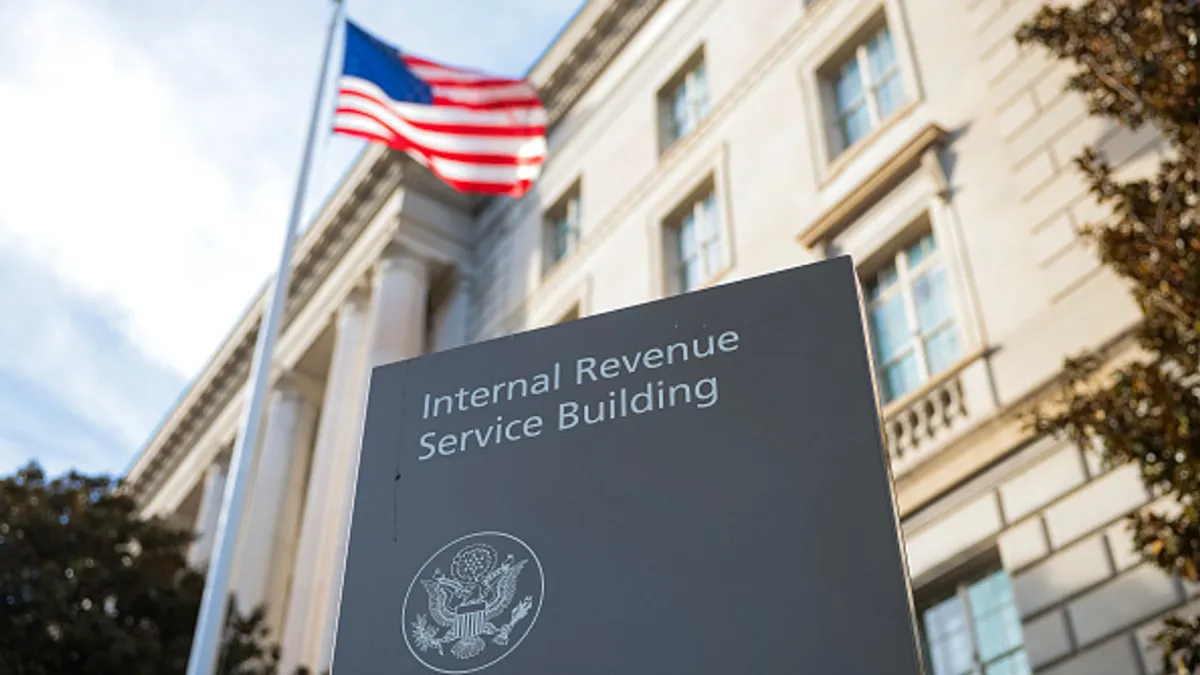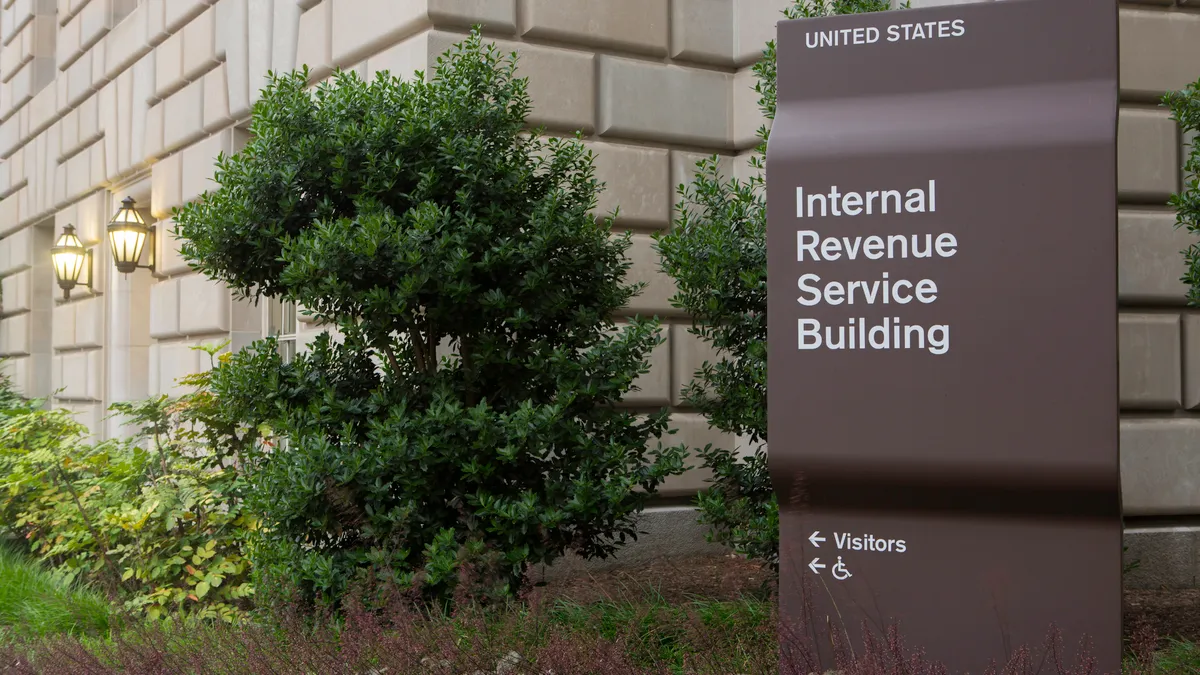Escalating regulatory activity surrounding digital assets could raise questions for CFOs as they ponder if and how such assets could be of use at their own organizations.
Kaitlin Asrow, executive deputy superintendent in the research and innovation division for the New York State Department of Financial Services (NY DFS), spoke Wednesday about the crucial role such regulation has played in shaping the digital asset industry in the state during a panel at the Fintech Nexus conference, formerly LendIt Fintech, currently ongoing in New York City.
New York state has regulated virtual currency activity since 2015, requiring digital asset players to obtain what is known as a BitLicense to operate within its borders, but challenges are persisting as regulators look to create guidance that can keep pace with the expanding market.
Asrow acknowledged the BitLicense process has had “issues with transparency and speed,” a sentiment later echoed by NY DFS Superintendent Adrienne Harris in a separate Fintech Nexus keynote talk. Harris spoke to the need for reducing the historically lengthy wait times to obtain such licenses, but noted a speedier process should be accomplished without “sacrificing the regulatory rigor” of the state’s requirements for digital asset entities.
The surge of regulation may be pushing the future of digital assets in a new direction, but it also makes for a crowded field filled with potential regulations that often contradict or cancel each other out, said panelist Julapa Jagtiani, senior economic advisor and economist for the Federal Reserve Bank of Philadelphia. Many players within the digital asset space are seeking transparency from legislators and regulators, especially as new assets and cryptocurrencies continue to be created and gain momentum.
“Regulation is not something they are concerned about, many embrace it, but a lack of regulatory clarity creates uncertainty,” Jagtiani said during the panel.
Regulators take aim as crypto crashes
Regulation of digital assets has surged in recent years at both the federal and state level: President Joseph Biden signed the Executive Order On Ensuring Responsible Development of Digital Assets into effect on March 9. California has also taken steps to further regulate digital currencies, with governor Gavin Newsom signing an executive order aimed at creating regulatory standards in harmony with federal guidance that will “spur responsible innovation” on May 4.
Regulators have also been prompted to take a deeper look at cryptocurrency as several digital assets plummeted in value. State guidance helped play a role in limiting exposure to New York residents during the recent collapse of stablecoins such as TerraUSD and Luna, Asrow noted during the panel. The digital asset space within the state has continued to expand in 2022, with the NY DFS issuing three new BitLicenses to date this year, she said.
“Something that we believe in is that innovation and rigorous but efficient regulation are actually harmonious,” she said.
Federal Reserve Vice Chair Lael Brainard also specifically cited the crashes of stablecoins as an example of the rising need for cohesive regulation in a written statement released today prior to her testimony to the House Financial Services Committee.
“These events underscore the need for clear regulatory guardrails to provide consumer and investor protection, protect financial stability and ensure a level playing field for competition and innovation across the financial system,” the statement reads.
CFOs contemplate digital assets’ future
This burst of digital regulation comes as companies are increasingly more open to adopting cryptocurrencies and related technologies like blockchain.
There is an organic understanding of digital assets’ potential by institutions in today’s environment, said Rahm McDaniel, head of banking solutions for institutionally-focused cryptocurrency services firm NYDIG. NYDIG offers cryptocurrency-focused products to institutions such as banks and credit unions, including a Bitcoin Savings Plan which allows employees to convert a select part of their paycheck into the currency.
CFOs and other members of the C-suite should not think about digital assets or blockchain as ways to disrupt their existing business models, he advised — rather, they should be examining how they could possibly be applied to “fix the broken toys in their enterprises,” he said.
“If you talk to anyone who does any kind of complex transaction or even settlement, they'll tell you that the mechanisms they have at their disposal are clumsy and inefficient, and expensive and labor intensive and everything else,” McDaniel said. “And so they see a lot of potential in blockchain.”






















